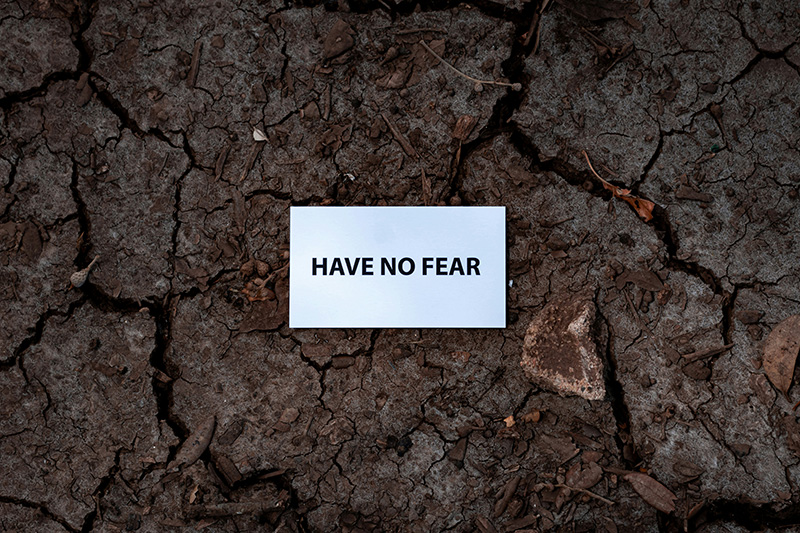Last Updated on April 10, 2023

As we work with renowned authors and first-time authors alike, most editors have heard from our authors how hard it is to finish a book. And for most people, it is.
Unlike a college thesis or a white paper or a journal or a long magazine article you may have written, a book falls into a whole other category of commitment that can often make even the best writers feel worn down, uninspired, out of ideas, lazy, or just plain tired of their own voice and material.
You may have multiple characters to develop or keep track of, you may have to dig deep to pull out memories from your own life (for memoir), or you may have piles of research to go through. Whatever genre you might be writing in, finishing a book is a feat.
A few authors I worked with last year each explained a feeling of being taxed. They expressed that they felt out of energy to finish.
But the magic of finishing a book is somewhat simple: Just keep going.
I once had a professor who said, “All it takes is for you to keep your butt in the chair.” She meant that you have to simply do the work — day in and day out.
Aside from that bit of wisdom, here are a few tips for what can keep your spirits up and keep you working as you challenge yourself to complete what may be the longest project of your writing life thus far.
1. Get an editor or a writing coach.
Find a professional who can understand the vision you're trying to achieve and who appreciates your writing and your voice. A professional editor can be invaluable in helping you stay the course, not get overwhelmed in how much there is to do, and help you to see the big picture.
2. Focus on going step by step.
I have an attorney friend who has a huge caseload of clients. When she feels overwhelmed by client work and trials, she often says, “How do you eat an elephant? Answer: one bite at a time.”
When you have multiple chapters to get through, research to do, and ultimately you need to get more pages (that don't suck) churned out — sometimes all you can do is take it step by step. For many, this means focusing on each chapter — one at a time — in order to stop focusing on not having enough done. If you go chapter by chapter, you can reward yourself each time you finish a chapter, reminding yourself that you are one step closer to the finish line.
3. Talk to other authors.
If you know other first-time authors or writers who are also working on book projects, it can help to commune with others who are on the same journey. They may be able to provide support in ways your other friends can't. The writer's journey can be a lonely one — so it can be beneficial to have a small community of like-minded others who are trying to get to the finish line too.
4. Remember that timetables can vary.
I have met many authors or would-be authors who will often say things like: “I want to be done in three months” or “I want to be done in six months.”
But it's important to remember that writing an entire book is a marathon, not a sprint.
The process may take you longer than you expected — for multiple reasons. Writing a book-length manuscript might be more taxing than you originally thought it would be, you may realize you have more research to do, you may discover in the writing process that you need to add chapters, your characters may take on new adventures that you hadn't foreseen. And in some cases, life just happens — you get pregnant, married, change day jobs, move to a new city, or are otherwise distracted by living life.
This is all okay. Time is your friend — not the enemy. You can take longer than you expected and still come out, in the end, with a wonderful book. The key is to honor your book with the time you truly need to make the writing excellent and to ensure you're satisfied with the story you have put on the page.
This is your own personal race to run, so go at your own pace.
5. Reward yourself.
Too often in our work lives, we push harder and harder without ever looking back down the mountain to see how far we have come. This is true about book writing too.
If you have a goal of writing 25 pages this month and you meet it, perhaps do something nice for yourself. A new pen in your favorite color? Some flowers for your desk?
Little things can encourage you to keep going.
6. Protect your time.
Writers' retreats exist for this very reason: to give you time away to focus on your craft, away from the distractions of everyday life. If a retreat away from home is not possible, carve out alone time in your schedule to save designated writing time for yourself.
Too often — in all of our lives — the hours, the minutes simply slip away. And soon enough, it's Sunday night at 9:00pm and the next week is staring us in the face, and we forget where our whole weekend went. For others, the weekdays go too fast due to constraints of a day job that takes up most of daytime hours.
Just know that you can find time — if you try. Toni Morrison famously challenged herself to write before the sun came up. In those precious very early-morning hours, she crafted incredible books that touched the world.
Overall, know that writing a book — especially your first one — can be a challenge. But shifting the way you think about your book goals can help you get to the end in a way that makes you feel satisfied at what you have accomplished and can avoid exhaustion throughout the process.
- The Benefits of Attending a Writers' Retreat - October 29, 2021
- How to Finish Writing Your Book - March 4, 2020
- How To Write Something True - November 1, 2018



